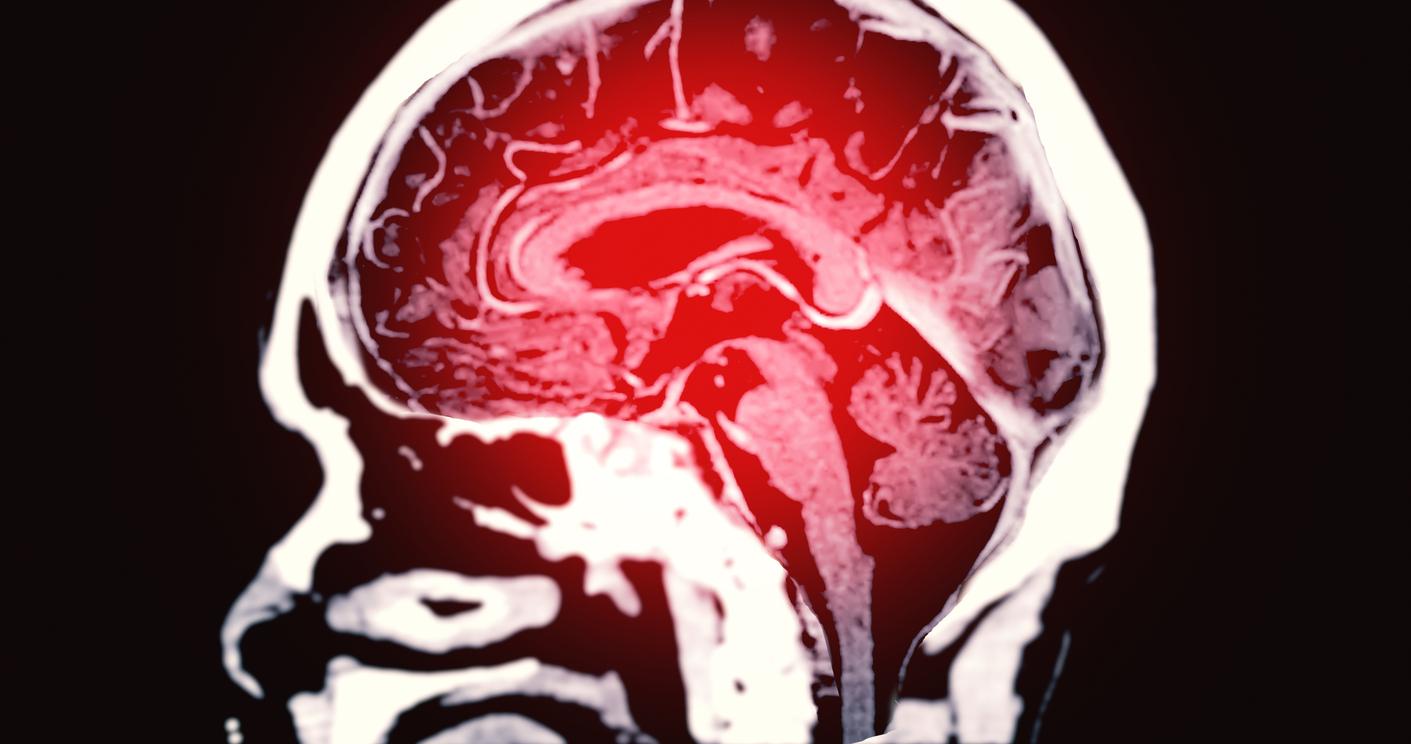Researchers have identified the 3 risk factors most involved in the occurrence of serious strokes.

- High blood pressure, atrial fibrillation and smoking increase the risk of having a serious stroke.
- A stroke is considered serious if the patient has, for example, lost their ability to walk or their autonomy or if they have died.
- For the researchers, their study shows the importance of controlling high blood pressure, which is the most important modifiable risk factor for stroke.
The most serious forms of cerebrovascular accidents (CVA) result in severe disabilities, a constant need for nursing care or even death. Dr Catriona Reddin from the University of Galway and her team tried to determine the factors that increase the risk of suffering this type of stroke.
Their work, published in the journal Neurology on November 13, 2024, reveal that high blood pressure, atrial fibrillation and smoking are the biggest contributors to serious strokes.
Serious stroke: 3 risk factors identified
To assess risk factors for serious stroke, researchers followed 26,948 people from 32 countries, whose average age was 62 years. Half of them had suffered from this pathology and the other half had not.
Among the participants who had a stroke, 4,848 had a severe form and 8,612 a form considered mild to moderate (from the absence of symptoms to occasional help with personal care; walking ability is maintained). By studying the medical records of all the volunteers, the team noticed that 74% of the severe stroke group had high blood pressure, compared to 72% of the mild to moderate stroke group. For atrial fibrillation, the rates were 11% and 9%, respectively.
After adjusting the data for age, gender and country, the researchers found that patients with high blood pressure were 3.2 times more likely to have a serious stroke. If they had atrial fibrillation, they were 4.7 times more likely to develop one. These two disorders were also factors in mild to moderate stroke. Smoking also increased the risk of all forms of stroke.
The results obtained led the researchers to conclude that “People with conditions such as high blood pressure, an irregular heartbeat called atrial fibrillation, or a habit of smoking not only have a higher risk of stroke, but they may also have more strokes. more serious than people without these risk factors.

Serious stroke: watch out for high blood pressure
For neurologist Dr Catriona Reddin, lead author of the study, health professionals must be vigilant regarding these three risk factors for stroke: atrial fibrillation, smoking and more particularly blood pressure.
“Our results highlight the importance of controlling high blood pressure, which is the most important modifiable risk factor for stroke globally”adds the expert in a press release. “This is particularly relevant for low- and middle-income countries which are experiencing rapid increases in rates of high blood pressure and stroke among younger people.”

















